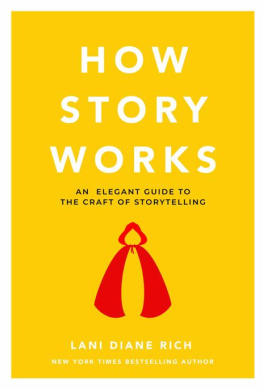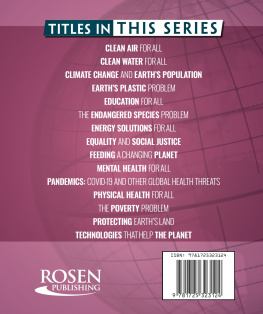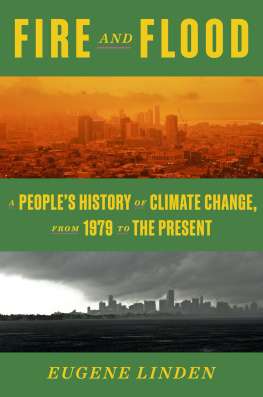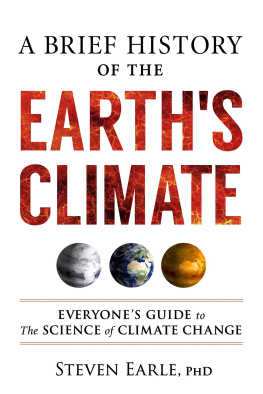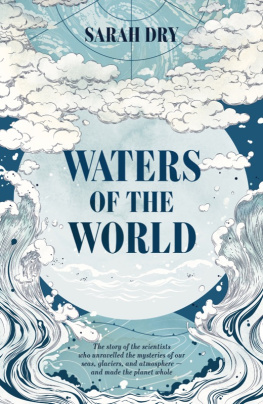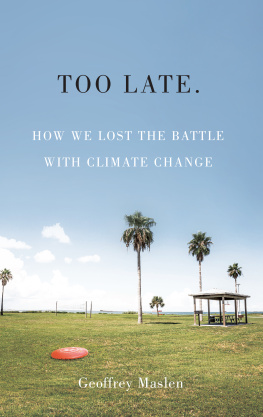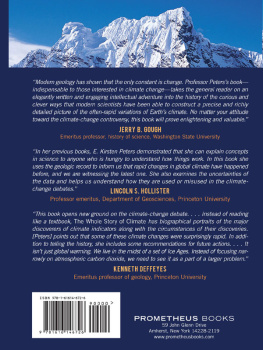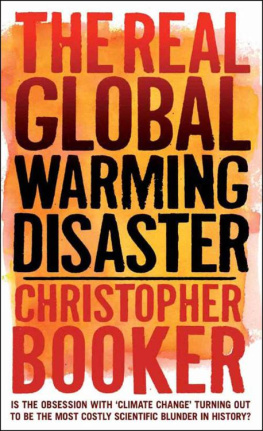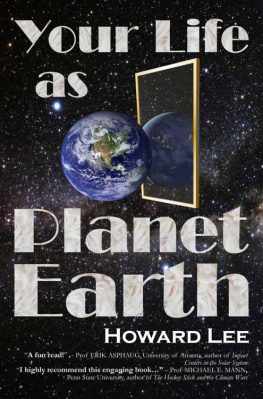Rich - Losing Earth: a recent history
Here you can read online Rich - Losing Earth: a recent history full text of the book (entire story) in english for free. Download pdf and epub, get meaning, cover and reviews about this ebook. City: New York, year: 2019, publisher: Farrar, Straus and Giroux;MCD;Farrar, genre: Art. Description of the work, (preface) as well as reviews are available. Best literature library LitArk.com created for fans of good reading and offers a wide selection of genres:
Romance novel
Science fiction
Adventure
Detective
Science
History
Home and family
Prose
Art
Politics
Computer
Non-fiction
Religion
Business
Children
Humor
Choose a favorite category and find really read worthwhile books. Enjoy immersion in the world of imagination, feel the emotions of the characters or learn something new for yourself, make an fascinating discovery.

Losing Earth: a recent history: summary, description and annotation
We offer to read an annotation, description, summary or preface (depends on what the author of the book "Losing Earth: a recent history" wrote himself). If you haven't found the necessary information about the book — write in the comments, we will try to find it.
Rich: author's other books
Who wrote Losing Earth: a recent history? Find out the surname, the name of the author of the book and a list of all author's works by series.
Losing Earth: a recent history — read online for free the complete book (whole text) full work
Below is the text of the book, divided by pages. System saving the place of the last page read, allows you to conveniently read the book "Losing Earth: a recent history" online for free, without having to search again every time where you left off. Put a bookmark, and you can go to the page where you finished reading at any time.
Font size:
Interval:
Bookmark:
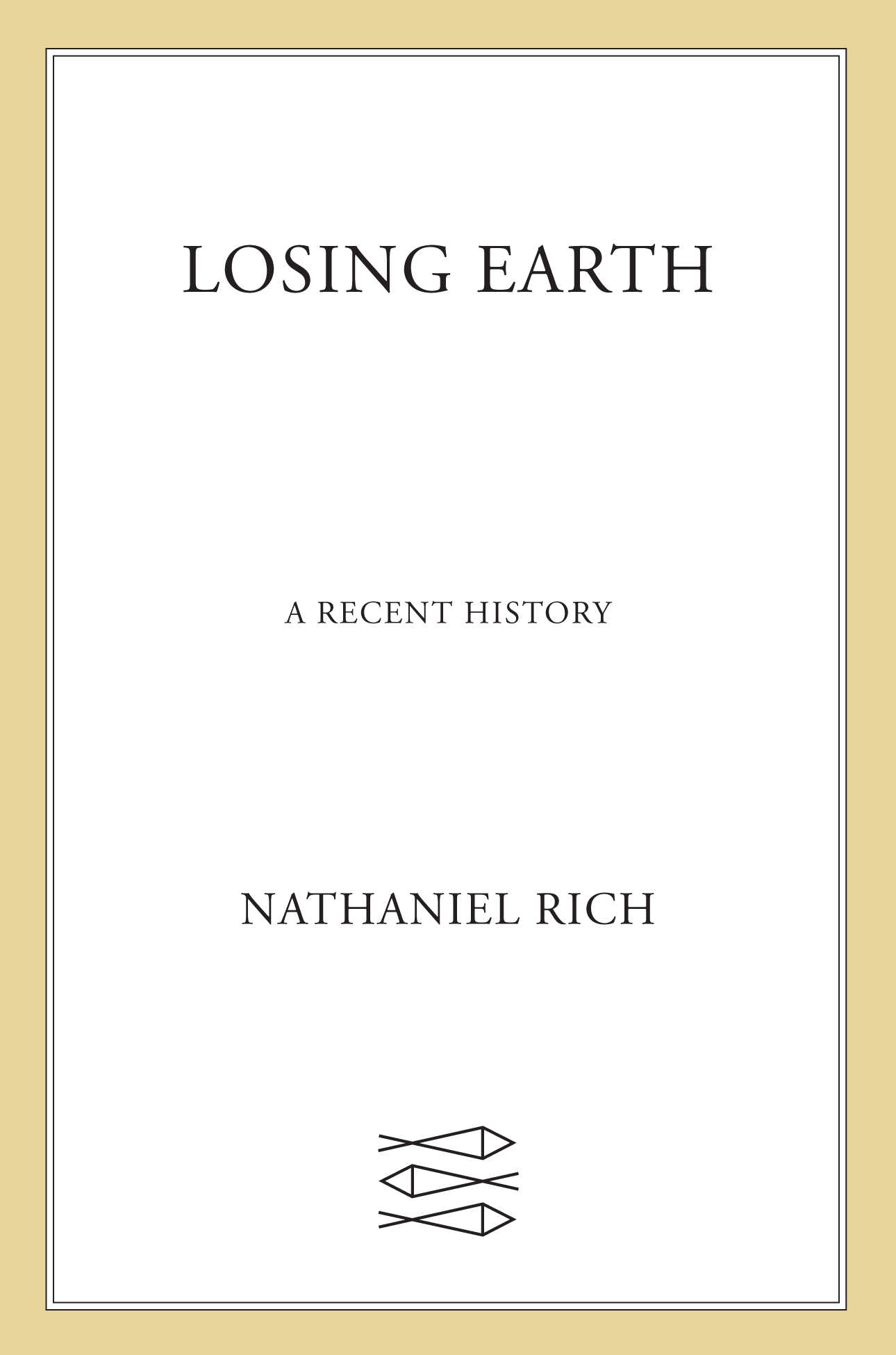
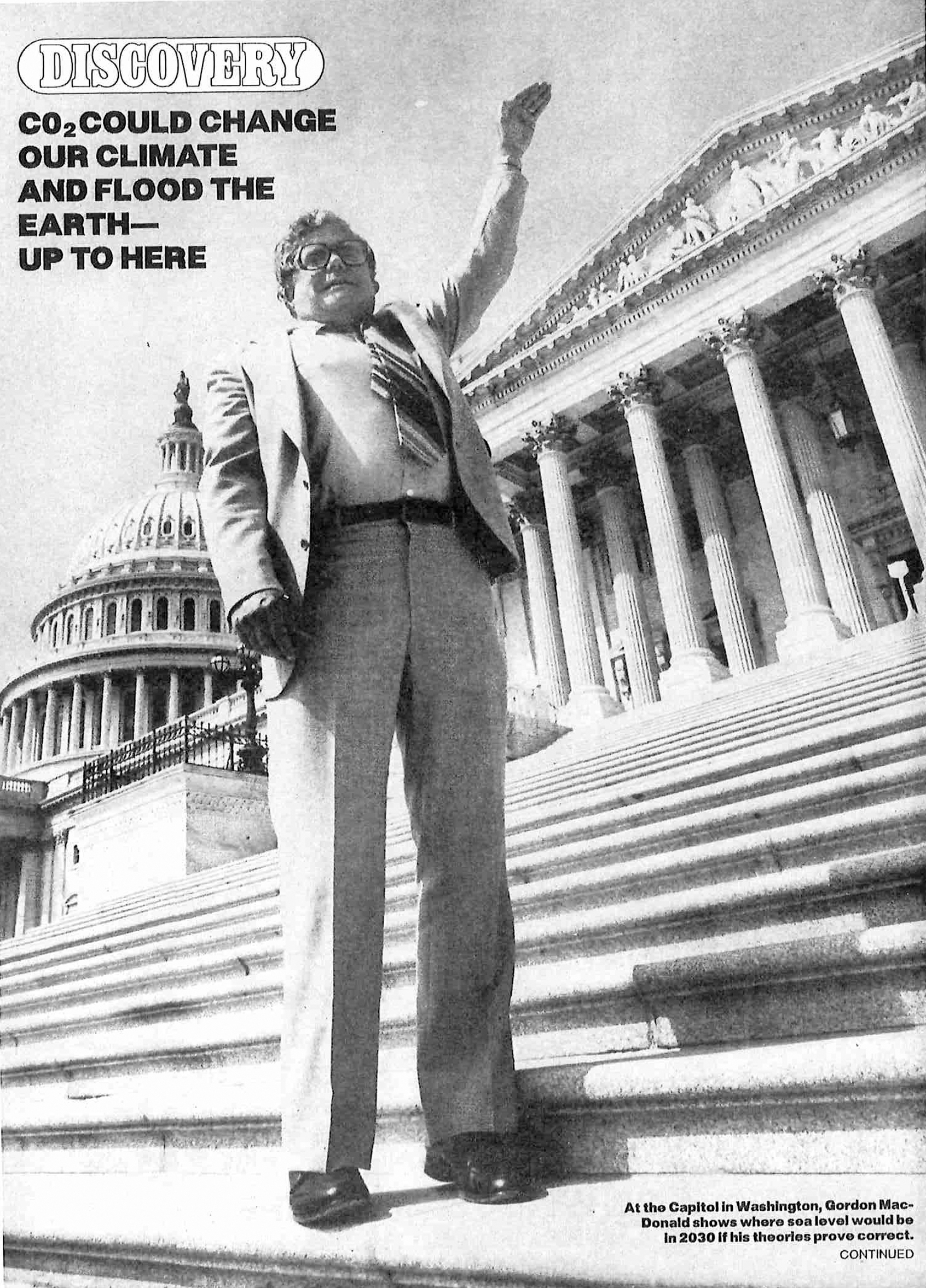

The author and publisher have provided this e-book to you for your personal use only. You may not make this e-book publicly available in any way. Copyright infringement is against the law. If you believe the copy of this e-book you are reading infringes on the authors copyright, please notify the publisher at: us.macmillanusa.com/piracy.
This is for Roman
Wisdom shouts in the street,
She lifts her voice in the square;
At the head of the noisy streets she cries out;
At the entrance of the gates in the city she utters her sayings:
How long, O naive ones, will you love being simple-minded?
And scoffers delight themselves in scoffing
And fools hate knowledge?
Turn to my reproof,
Behold, I will pour out my spirit on you;
I will make my words known to you.
Because I called and you refused,
I stretched out my hand and no one paid attention;
And you neglected all my counsel
And did not want my reproof;
I will also laugh at your calamity;
I will mock when your dread comes,
When your dread comes like a storm
And your calamity comes like a whirlwind,
When distress and anguish come upon you.
Then they will call on me, but I will not answer;
They will seek me diligently but they will not find me,
Because they hated knowledge.
PROVERBS 1:2029
Nearly everything we understand about global warming was understood in 1979. It was, if anything, better understood. Today, almost nine out of ten Americans do not know that scientists agree, well beyond the threshold of consensus, that human beings have altered the global climate through the indiscriminate burning of fossil fuels. But by 1979 the main points were already settled beyond debate, and attention turned from basic principles to a refinement of the predicted consequences. Unlike string theory and genetic engineering, the greenhouse effecta metaphor dating to the early twentieth centurywas ancient history, described in any intro-to-biology textbook. The basic science was not especially complicated. It could be reduced to a simple axiom: the more carbon dioxide in the atmosphere, the warmer the planet. And every year, by burning coal, oil, and gas, human beings belched increasingly obscene quantities of carbon dioxide into the atmosphere.
The world has warmed more than 1 degree Celsius since the Industrial Revolution. The Paris climate agreementthe nonbinding, unenforceable, and already unheeded treaty signed on Earth Day 2016hoped to restrict warming to 2 degrees Celsius. A recent study puts the odds of pulling this off at one in twenty. If by some miracle we succeed, we will only have to negotiate the extinction of the worlds tropical reefs, a sea level rise of several meters, and the abandonment of the Persian Gulf. The climate scientist James Hansen has called a 2-degree warming a prescription for long-term disaster. Long-term disaster is now the best-case scenario. A 3-degree warming, on the other hand, is a prescription for short-term disaster: forests sprouting in the Arctic, the abandonment of most coastal cities, mass starvation. Robert Watson, a former chairman of the United Nations Intergovernmental Panel on Climate Change, has argued that a 3-degree warming is the realistic minimum. Four degrees: Europe in permanent drought; vast areas of China, India, and Bangladesh claimed by desert; Polynesia swallowed by the sea; the Colorado River thinned to a trickle. The prospect of a 5-degree warming prompts some of the worlds preeminent climate scientists, not an especially excitable type, to warn of the fall of human civilization. The proximate cause will be not the warming itselfwe wont burst in flame and crumble all to ashesbut its secondary effects. The Red Cross estimates that already more refugees flee environmental crises than violent conflict. Starvation, drought, the inundation of the coasts, and the smothering expansion of deserts will force hundreds of millions of people to run for their lives. The mass migrations will stagger delicate regional truces, hastening battles over natural resources, acts of terrorism, and declarations of war. Beyond a certain point, the two great existential threats to our civilization, global warming and nuclear weapons, will loose their chains and join to rebel against their creators.
If an eventual 5- or 6-degree warming scenario seems outlandish, it is only because we assume that well respond in time. Well have decades to eliminate carbon emissions, after all, before we are locked into 6 degrees. But weve already had decadesdecades increasingly punctuated by climate-related disasterand weve done nearly everything possible to make the problem worse. It no longer seems rational to assume that humanity, encountering an existential threat, will behave rationally.
There can be no understanding of our current and future predicament without an understanding of why we failed to solve this problem when we had the chance. For in the decade that ran between 1979 and 1989, we had an excellent chance. The worlds major powers came within several signatures of endorsing a binding framework to reduce carbon emissionsfar closer than weve come since. During that decade the obstacles we blame for our current inaction had yet to emerge. The conditions for success were so favorable that they have the quality of a fable, especially at a time when so many of the veteran members of the climate classthe scientists, policy negotiators, and activists who for decades have been fighting ignorance, apathy, and corporate briberyopenly despair about the possibility of achieving even mitigatory success. As Ken Caldeira, a leading climate scientist at the Carnegie Institution for Science in Stanford, California, recently put it, Were increasingly shifting from a mode of predicting whats going to happen to a mode of trying to explain what happened.
So what happened? The common explanation today concerns the depredations of the fossil fuel industry, which in recent decades has committed to playing the role of villain with comic-book bravado. Between 2000 and 2016, the industry spent more than $2 billion, or ten times as much as was spent by environmental groups, to defeat climate change legislation. A robust subfield of climate literature has chronicled the machinations of industry lobbyists, the corruption of pliant scientists, and the influence campaigns that even now continue to debase the political debate, long after the largest oil and gas companies have abandoned the dumb show of denialism. But the industrys assault did not begin in force until the end of the eighties. During the preceding decade, some of the largest oil and gas companies, including Exxon and Shell, made serious efforts to understand the scope of the crisis and grapple with possible solutions.
We despair today at the politicization of the climate issue, which is a polite way of describing the Republican Partys stubborn commitment to denialism. In 2018, only 42 percent of registered Republicans knew that most scientists believe global warming is occurring, and that percentage has fallen. Skepticism about the scientific consensus on global warmingand with it, skepticism about the integrity of the experimental method and the pursuit of objective truthhas become a fundamental party creed. But during the 1980s, many prominent Republican members of Congress, cabinet officials, and strategists shared with Democrats the conviction that the climate problem was the rare political winner: nonpartisan and of the highest possible stakes. Among those who called for urgent, immediate, and far-reaching climate policy: Senators John Chafee, Robert Stafford, and David Durenberger; Environmental Protection Agency administrator William K. Reilly; and, during his campaign for president, George H. W. Bush. As Malcolm Forbes Baldwin, the acting chairman of Ronald Reagans Council for Environmental Quality, told industry executives in 1981, There can be no more important or conservative concern than the protection of the globe itself. The issue was unimpeachable, like support for the military and freedom of speech. Except the atmosphere had an even broader constituency, composed of every human being on Earth.
Font size:
Interval:
Bookmark:
Similar books «Losing Earth: a recent history»
Look at similar books to Losing Earth: a recent history. We have selected literature similar in name and meaning in the hope of providing readers with more options to find new, interesting, not yet read works.
Discussion, reviews of the book Losing Earth: a recent history and just readers' own opinions. Leave your comments, write what you think about the work, its meaning or the main characters. Specify what exactly you liked and what you didn't like, and why you think so.


